
News
Filter by

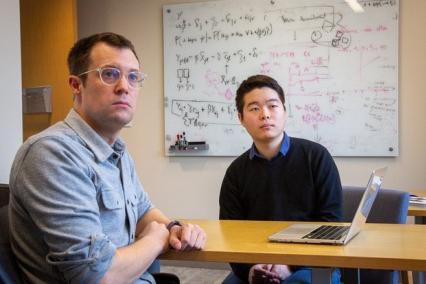
MIT economics to launch new predoctoral fellowship program
April 2nd, 2024

Featured research: Is it the school, or the students?
March 28th, 2024

Study finds workers misjudge wage markets
March 14th, 2024
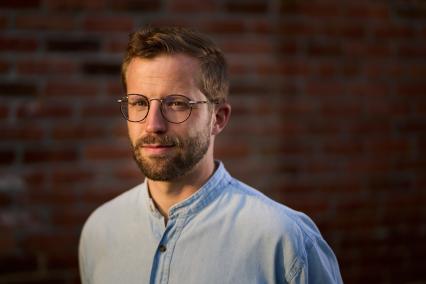
Simon Jäger receives 2024 In_equality Research Award
March 4th, 2024
3 Questions: Shaping the future of work in an age of AI
February 28th, 2024

Illustrating India’s complex environmental crises
February 7th, 2024

Featured research: How to avoid a “winner’s curse” for social programs
February 5th, 2024
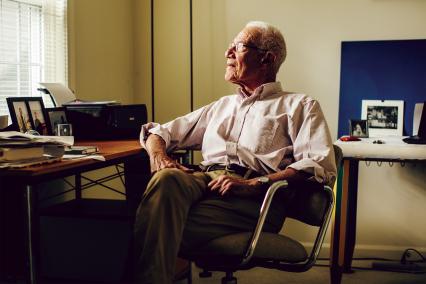

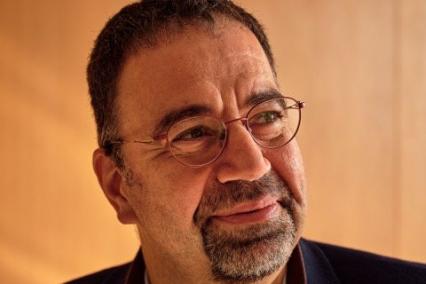
Institute Professor Daron Acemoglu Wins A.SK Social Science Award
October 18th, 2023
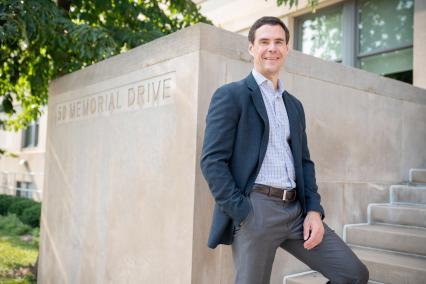
Nathaniel Hendren wants to understand the conditions of opportunity
October 12th, 2023

Featured research: How to keep people out of the emergency room
September 19th, 2023

Featured research: How to tackle the global deforestation crisis
September 19th, 2023
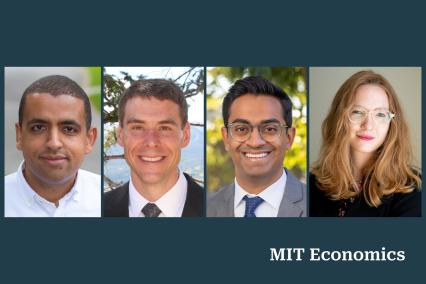
MIT Economics welcomes four new faculty
September 7th, 2023
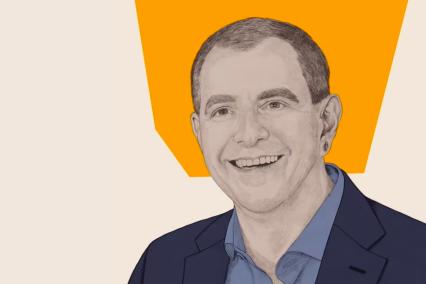
David Autor: We have a real design choice about how we deploy AI
August 10th, 2023

Changing attitudes about jobs and gender in India
July 28th, 2023
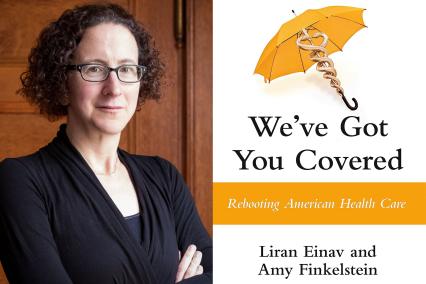
A new vision for U.S. health care
July 25th, 2023